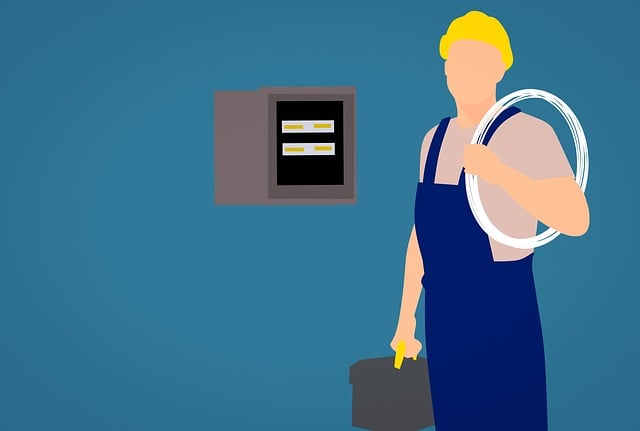Roofing contractor financing fees, varying by creditworthiness, project scope & local market conditions, can significantly impact costs. Key factors in estimating these fees include work type, materials, labor, and contractor terms. Negotiating with financiers offering diverse interest rates & payment plans is strategic, saving money while ensuring value-based services. Comparing offers, discussing budget constraints, and considering comprehensive packages or volume discounts are effective negotiation tactics. Referrals from previous clients provide insights into successful cost-saving strategies and potential concerns.
Estimating financing fees for roofing contracts can seem complex, but it’s a crucial step in managing your renovation budget. This article guides you through the process of understanding these fees—what they entail and why they vary—and offers strategic insights to help you navigate negotiations with roofing contractors that finance. By delving into key factors influencing charges, you’ll gain the knowledge needed to minimize costs and make informed decisions for your next project.
- Understanding Financing Fees: What They Entail and Why They Vary
- Key Factors in Estimating Roofing Contractor Financing Charges
- Strategies for Negotiating and Minimizing Financing Costs with Contractors
Understanding Financing Fees: What They Entail and Why They Vary

Roofing contractor financing fees are a critical aspect to consider when planning your roof replacement or repair project. Understanding these fees is essential as they can significantly impact the overall cost and accessibility of your renovation. Not all roofing contractors that finance offer the same terms, which is why it’s important to be informed before signing any agreements.
These fees cover various expenses related to lending money to homeowners for their construction projects. They typically include interest rates, processing charges, and administrative costs. Variations in financing fees are influenced by several factors such as creditworthiness of the borrower, project scope, and local market conditions. Roofing contractors that finance may offer flexible options, but the terms and conditions should be carefully evaluated to ensure they align with your financial capabilities and project requirements.
Key Factors in Estimating Roofing Contractor Financing Charges

When estimating financing fees for roofing projects, several key factors come into play. One of the primary considerations is the type and scope of work involved. Roofing contractors that finance their services will often charge based on the complexity and size of the project. This includes assessing the number of roofs to be replaced or repaired, the materials required, and any additional labor needed for specialized tasks. For instance, a simple re-roofing job might have lower financing charges compared to a complex repair and replacement that involves multiple layers of roofing and extensive repairs to the structure.
Another significant factor is the contractor’s financial terms and lending policies. Roofing contractors that offer financing typically have different pricing structures and interest rate options. They may charge a flat fee for financing or incorporate it into the overall project cost as a percentage. Some contractors might offer more favorable rates for long-term loans, while others may cater to shorter-term needs with varying interest charges. Understanding these financial terms is crucial when comparing quotes from different roofing contractors that finance their services.
Strategies for Negotiating and Minimizing Financing Costs with Contractors

When working with roofing contractors that finance, negotiating financing costs is a strategic move that can save you significant money. Begin by comparing offers from different contractors to establish a benchmark for reasonable rates. Understanding market rates empowers you during negotiations. Approach discussions openly, expressing your budget constraints while highlighting the value of their services. Emphasize long-term partnerships and inquire about flexible payment plans or volume discounts they might offer.
Additionally, consider the overall project scope and timeline when negotiating. A contractor offering a comprehensive package might be more willing to adjust financing terms to close a deal. Don’t hesitate to seek references from previous clients who had similar projects financed by these roofing contractors. Their experiences can provide insights into potential savings strategies and red flags to watch out for.
When considering roofing contractor financing, understanding the fees involved is key. By grasping what these charges encompass and why they fluctuate, homeowners can make informed decisions. With a clear grasp of key factors like creditworthiness and project scope, you’re better equipped to negotiate with contractors and minimize financing costs. Remember, choosing a roofing contractor that offers flexible finance options can save you money in the long run, making it a strategic choice for your home improvement projects.
